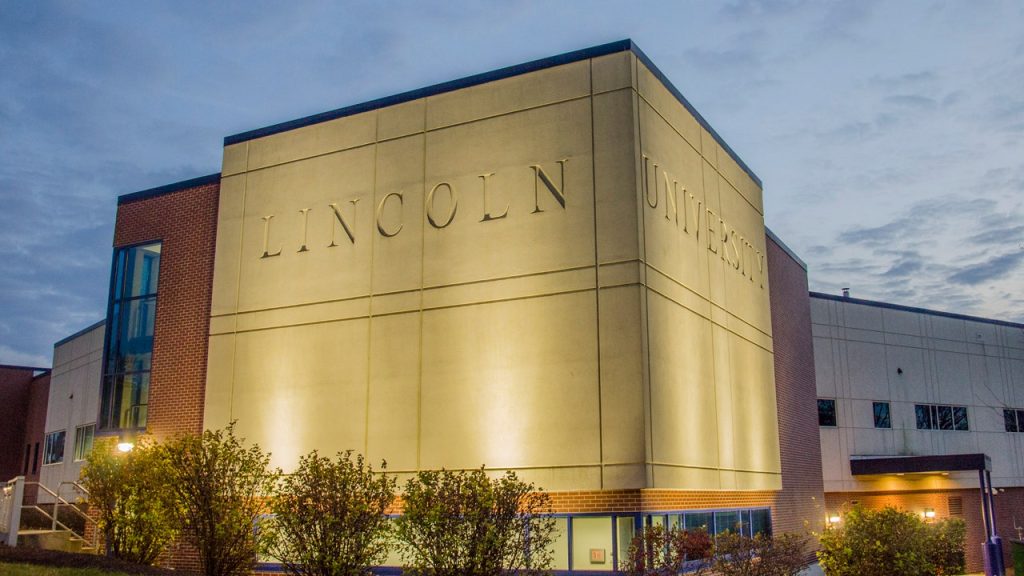Tragedy Strikes Lincoln University Homecoming
In a devastating turn to what should have been a celebratory homecoming weekend, Lincoln University in Pennsylvania became the scene of a deadly shooting that left one person dead and six others wounded. The violence erupted during what was meant to be a joyful time for students, alumni, and community members at the Historically Black College and University (HBCU), located approximately 45 miles southwest of Philadelphia. University Police Chief Marc Partee confirmed the tragic death and multiple injuries at a somber news conference, noting that authorities had taken one suspect into custody as the investigation began to unfold. The Chester County District Attorney’s Office promptly issued a statement urging people to avoid the area while law enforcement agencies converged on the campus to secure the scene and begin their work.
The shooting cast a dark shadow over what should have been a highlight of the academic year at Lincoln University. Homecoming weekends at HBCUs are traditionally vibrant celebrations of community, heritage, and school pride, with alumni returning to their alma mater to reconnect with friends and relive cherished memories. Saturday’s main football game had taken place just hours earlier at 1 p.m., likely drawing crowds of enthusiastic supporters. Instead of ending with cheerful reunions and post-game celebrations, the day concluded with emergency vehicles, police tape, and grieving community members trying to process the sudden violence that had erupted in their midst. The stark contrast between the festive atmosphere of the day and the tragedy of the evening made the event all the more shocking for everyone involved.
Pennsylvania Governor Josh Shapiro quickly addressed the situation, taking to social media to express his concern and offer support. “I’ve been briefed on the shooting at Lincoln University tonight, and my Administration has offered our full support to President Allen and local law enforcement,” he wrote, also asking people to follow guidance from authorities and joining his wife Lori in prayers for the Lincoln University community. The governor’s response highlighted the gravity of the situation and the broader impact of such violence on educational institutions. In times of crisis, leadership responses can provide both practical assistance and emotional reassurance to affected communities, and Shapiro’s prompt statement aimed to do both as the university began to grapple with the aftermath of the shooting.
The incident at Lincoln University unfortunately adds to a troubling pattern of gun violence on college campuses across the United States. Educational institutions, once considered safe havens for learning and growth, increasingly find themselves confronting the reality of such tragedies. Each occurrence not only devastates the immediate victims and their families but also profoundly affects the entire campus community. Students who choose universities as places to pursue knowledge and build futures suddenly find themselves navigating trauma and fear. Faculty and staff who dedicate their careers to education must now also consider campus safety as a primary concern. Alumni who hold dear memories of their college years watch as new generations experience a campus life marked by active shooter drills and emergency alerts.
The response to the Lincoln University shooting involved multiple law enforcement agencies working together to secure the area and investigate the crime. The City of Chester, Chester County Police Department, Chester County Sheriff’s Office, and Lincoln University security forces all played roles in the immediate aftermath. Such coordination is crucial in managing campus emergencies, though it also highlights the complex reality that educational institutions now face in preparing for potential violence. Modern universities invest significant resources in security measures, emergency response plans, and communication systems designed to protect their communities, yet the unpredictability of such attacks makes complete prevention extraordinarily difficult. For Lincoln University, established in 1854 as the nation’s first degree-granting HBCU, this tragedy represents not just a current crisis but a challenge to the sense of community and belonging that has defined the institution for generations.
As the investigation continues to develop, the Lincoln University community begins the difficult process of healing and making sense of senseless violence. The coming days will likely bring vigils, counseling services, and community gatherings as students, faculty, staff, and alumni process their grief and support one another. For the families of those killed or injured, the pain is immeasurable and life-altering. For the broader university community, questions about safety, prevention, and how to move forward will dominate conversations for months to come. What should have been remembered as a joyful homecoming weekend will instead be marked as a tragic turning point, one that reminds us all of the fragility of safety and the preciousness of life even in spaces dedicated to learning and growth. As Lincoln University navigates this difficult chapter, the resilience that has sustained the historic institution through nearly 170 years will undoubtedly be called upon once again.


